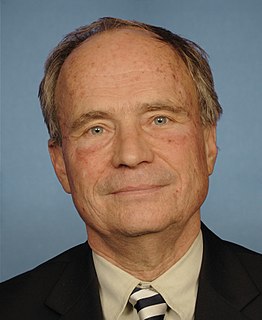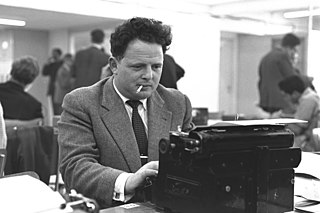A Quote by Edwin Meese
I don't think a reporter necessarily becomes an arm of law enforcement. I think a reporter is like any other citizen. If a citizen can do his or her duty as a witness, if they have information about a crime, or if they have information about a criminal group, I think that there's a duty on the part of the citizen.
Related Quotes
[T]he guilty as well as the innocent are entitled to due process of law. They are entitled to a fair trial. They are entitled to counsel. They are entitled to fair treatment from the police. The law enforcement officer has the same duty as the citizen-indeed, he has a higher duty-to abide by the letter and spirit of our Constitution and laws. You yourselves must be careful to obey the letter of the law. You yourselves must be intellectually honest in the enforcement of the law.
I ask of each Mason, of each member, of each brother, that he shall remember ever that there is upon him a peculiar obligation to show himself in every respect a good citizen; for after all, the way he can best do his duty by the ancient order to which he belongs is by reflecting credit upon that order by way in which he performs his duty as a citizen of the United States.
Why did I become a Canadian citizen? Not because I was rejecting being a U.S. citizen. At the time when I became a Canadian citizen, you couldn't be a dual citizen. Now you can. So I had to be one or the other. But the reason I became a Canadian citizen was because it simply seemed so abnormal to me not to be able to vote.
But how is this legal plunder to be identified? Quite simply. See if the law takes from some persons what belongs to them and gives it to other persons to whom it does not belong. See if the law benefits one citizen at the expense of another by doing what the citizen himself cannot do without committing a crime.
A free citizen in a free state, it seems to me, has an inalienable right to play with whomsoever he will, so long as he does not disturb the general peace. If any other citizen, offended by the spectacle, makes a pother, then that other citizen, and not the man exercising his inalienable right, should be put down by the police.
It is very difficult to be a non-religious Jew outside Israel. The synagogue keeps Jews together in the Diaspora. In Israel, you are a Jew from morning to night. We don't even have to think about it, just as a Dutch citizen doesn't spend his whole day thinking about the fact that he is a Dutch citizen. It's a given.
A citizen at his home in Rockford, Illinois, or Boulder, Colorado, could read a newspaper, listen to a radio, or watch the round-the-clock coverage on television, but he had no way of connecting with those who shared his views. Nor was there a quick, readily available tool for an ordinary citizen to gather information on his own. In 1960, communication was a one-way street, and information was fundamentally inaccessible. The whole idea of summoning up data or reaching thousands of individuals with the touch of a finger was a science-fiction fantasy.




































